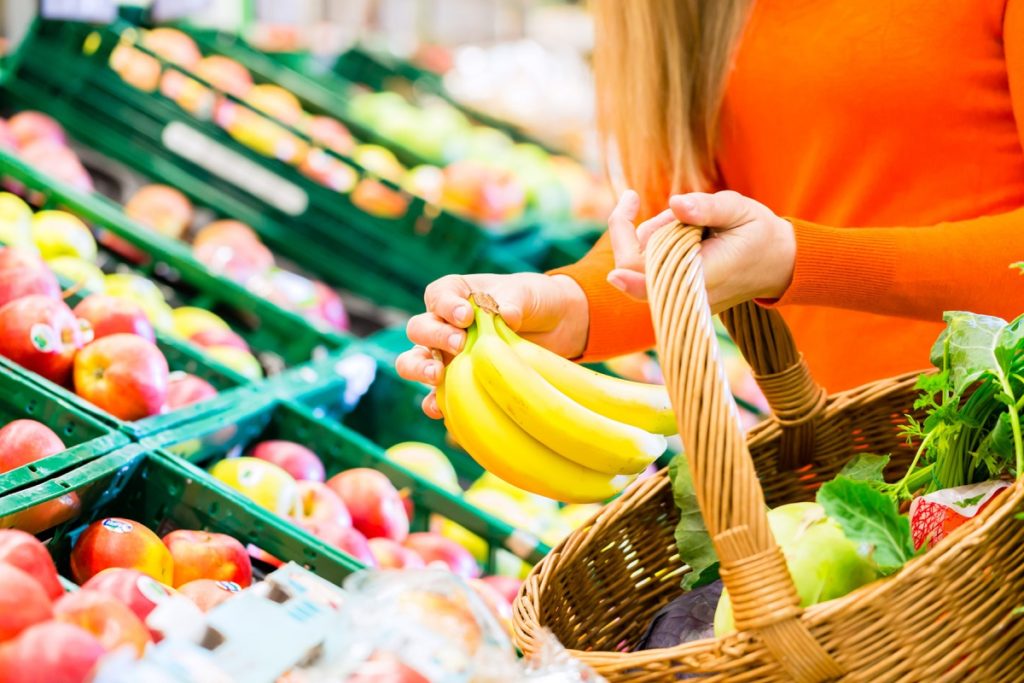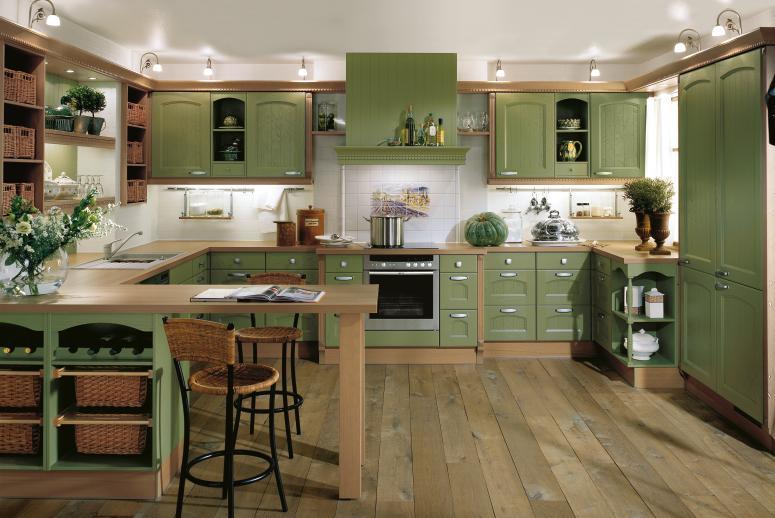The kitchen is one of the places inside the house where most waste is made and disposed of. A lot of cans, packs, leftovers, seeds/bones, and plastic bags are being thrown away every day in this place. Is your kitchen green enough? Let’s find out.
What made this situation worse are foods that you forgot to eat, such as the remaining bread that now have molds, spoiled dishes that are in the fridge, and the rotten fruits and vegetables that are left forgotten.

5 Tips On IS your Kitchen Green Enough
In contrast to reality, the kitchen should ideally be the cleanest, well-kept place as it’s the place where food is being served. Keeping a green kitchen will also help you save money, resources, and guarantee a healthier environment.
Despite popular belief, cleaning the kitchen and keeping the food stock as fresh as possible isn’t much of a hassle. You only have to follow the necessary steps, and you may even save yourself some time.
Shop for Food Often
Always consider shopping for more food than clothes. Purchase some fresh fruits and vegetables at least thrice a week in order to get fresh ingredients.
You might spend some gas just to go to the store to purchase some produce, but then, you can have the finest selections. Surely, you’ll love to taste some crispy vegetables and some tender meat. This can only be provided by getting the freshest food in the market!
If you’re going to do this, purchase food that can last for two days. Every time you bring fresh produce, clear your refrigerator of the rotten ones.
Shop Wisely
If you prefer purchasing once a week instead (which is a money saver), then do it wisely. The first thing that you need to note is the market where you’re going. It’s much better to get food from a nearby store.
RELATED POST: Using a Knife: Wrong Ways of Holding It
If you do so, the food will be fresher when you get home as it will take less damage during the travel. Opt not to purchase packed goods as it is not a healthy option. When looking for food, be sure to check its quality and go for ones you think can last for at least two days.
Lastly, before leaving, purchase large bags to use for disposing of garbage. You can recycle it and use it to restock the disposable materials. On the other hand, if you keep your groceries separately in small bags, you will only increase the plastic waste in your house.
Purchase in Bulk
Bulk purchasing is a wise choice since it can help you lessen the cost of packaging when disposing of garbage. It also lets you save money in the long run.
For some those that expire a long time, such as condiments, canned goods, and other ingredients, be sure to stack a month’s worth of supply.
Start purchasing in the first week. Then, try to not the number of days your stock lasts. When you shop for the second time, you can finally adjust your list. For the rest of the month, you focus on meat and produce. If you’re struggling to keep your groceries last, there are also some tips you can follow.
Allocate Proper Food Storage
If you prefer to store food, consider the proper ways to do it. There are various lifetimes for food even when you store them inside the fridge. The average food can last for a week.
Reheating the food is usually done only once as doing it twice may spoil the food. Always use Tupperware when storing some leftover dinner in the fridge. Don’t leave any food on the counters because it may rot or pests can eat it. But if needed, cover it instead.
RELATED POST: Moving out and having to clean? What kitchen areas should cleaning include?
Recyclables Must be Collected Separately
Recycling some materials such as plastic and glass bottles are very important because this helps you build a better environment inside the house. There are some people who collect junk for cash, or you can visit a junk shop to get those recycled in exchange for some cents.
All you need to do is to collect recyclable materials in big disposable bags so that you can dispose of them for a better cause. Lastly, separate the biodegradables from those that are not, and get another bin for recyclables.

